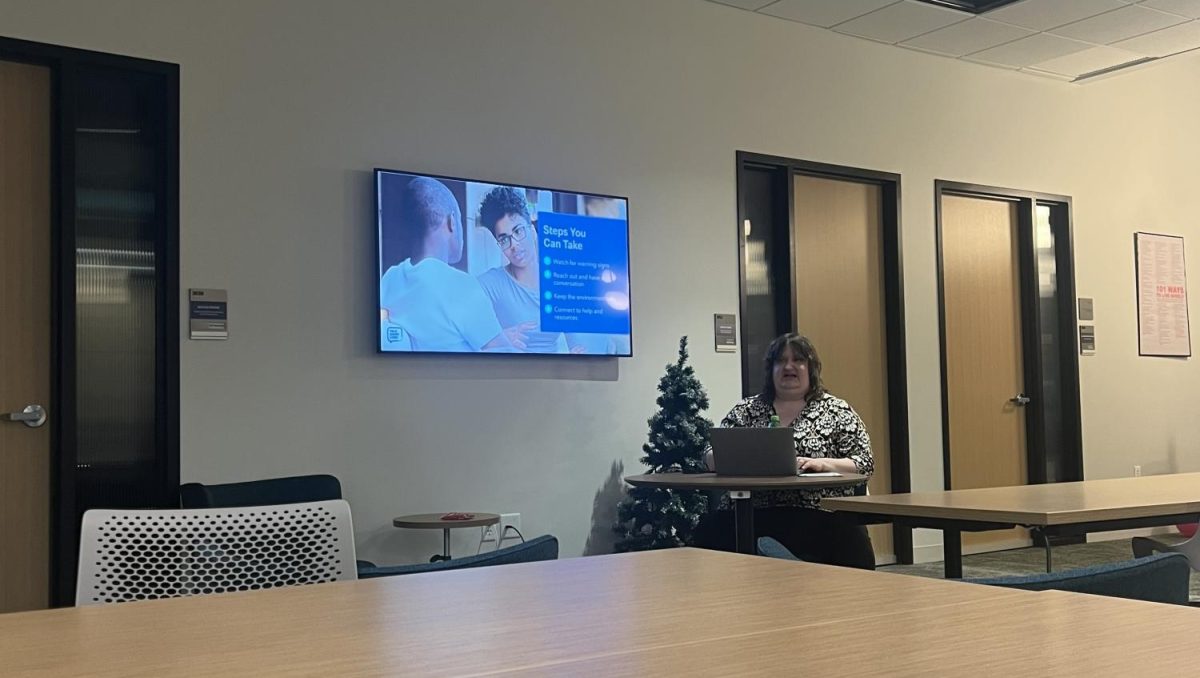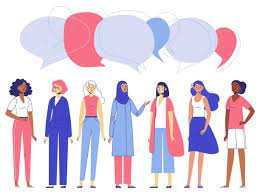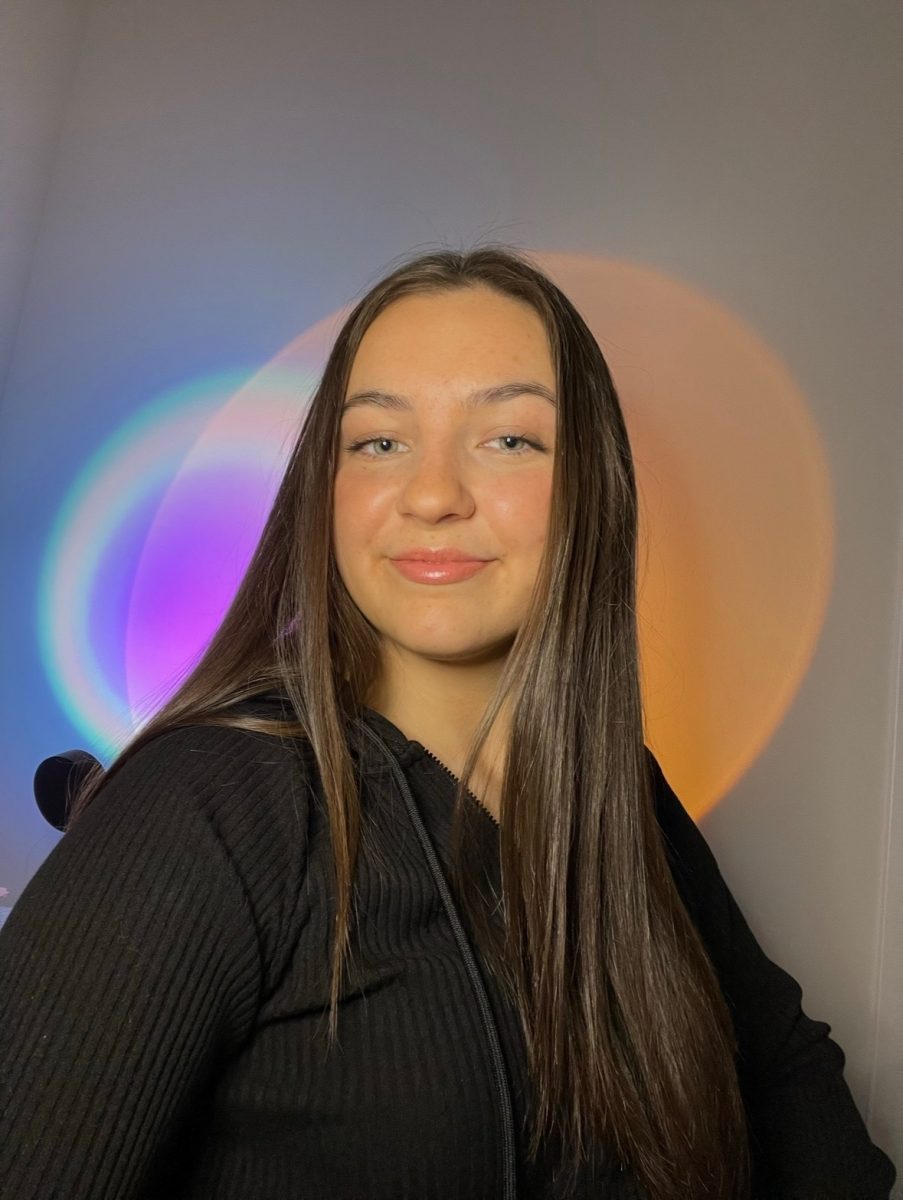We live in a world of false realities.
This sentiment is nothing new — social media outlets like Instagram, Facebook, Snapchat and Pinterest offer alternate views of who we are as individuals. We become curators of our online image, using these forums to meticulously control what other users see, in turn shaping the perceptions of our lives in the eyes of others.
Having a bad day? Slap a filter on a smiley selfie, post it and no one will ever know.
These false realities have negative consequences, but as a millennial woman, I can attest to how social media influences the value women put on themselves — especially in our ideas of health and wellness.
It seems like every time I scroll through Instagram, there is a new celebrity endorsement for a product that guarantees a beauty standard that is unattainable for most. Flashy fad diets and unrealistic workout routines run rampant on Pinterest — yet I’m guilty of having a Pinterest board dedicated to these gimmicky fitness articles.
Although I am aware that social media greatly warps our view of reality, I still fall victim to these societal norms and try to convey my “best self” online. Why is this? Why do so many women feel the need for their online persona to be a literal picture of health, and how can we begin to look past this as a society?
For me, whenever I get done with a hard workout or am within a 100-foot radius of kale, I feel the urge to snapchat a picture to my friends or put it on my story. Instead of being content with myself for a healthy habit, it quickly (without me realizing it) becomes a way to seek validation from my peers.
I am not alone in this. The same subliminal, competitive undertone manifests itself into endless food prep pictures, weight room snaps and the never-ending hunt for the most flattering spring break Instagram posts. The line between a “like” and feeling ranked becomes blurred and only further encourages the rat race that has become maintaining an individual’s health and wellness image online.
In no way do I want to say what people should and should not post online; however, I challenge individuals to take a step back and reflect on why they are posting to avoid posting to appease anyone but oneself.
Social media are a catch-22. There are clear-cut benefits to living in the age of technology; but, as a society, we need to be able to distinguish how our online selves differ from our day-to-day lifestyles. Individual health and wellness should not be a competition or dependent on likes or the views of others, but instead an aspect of everyday life and a commitment to yourself.










